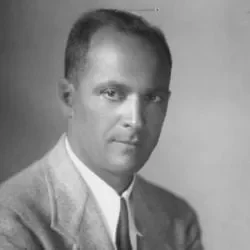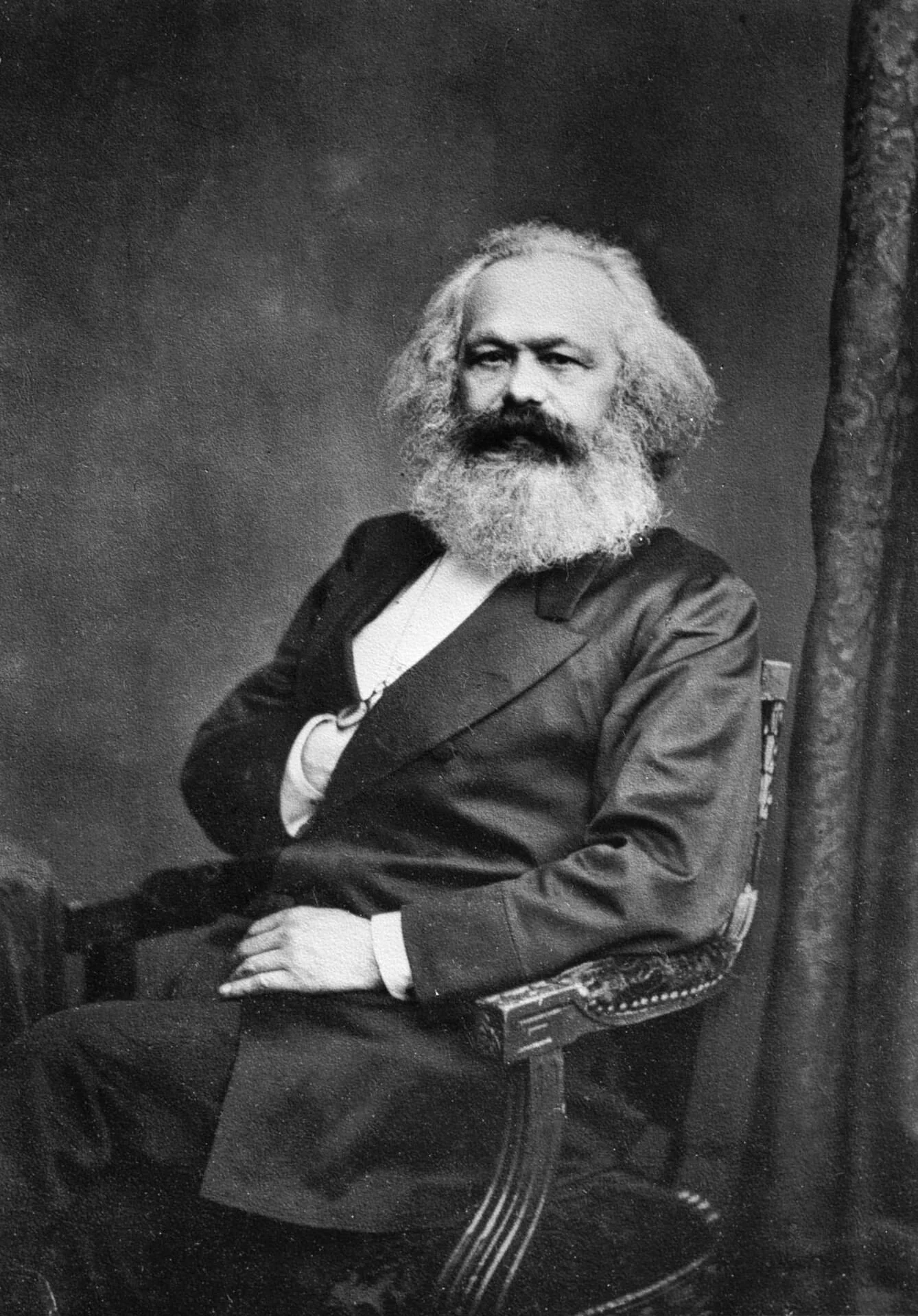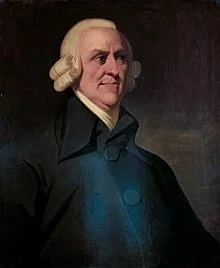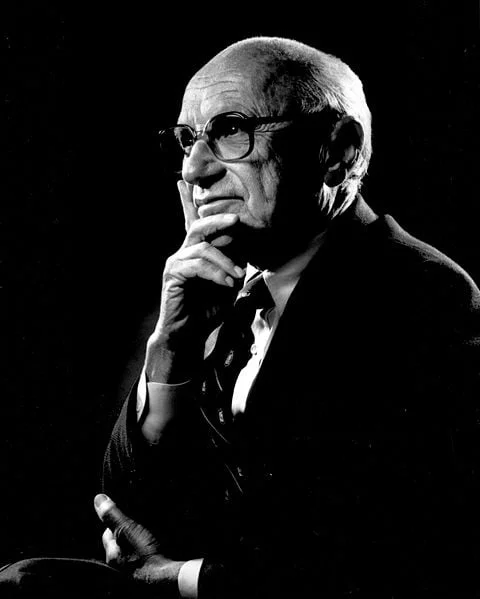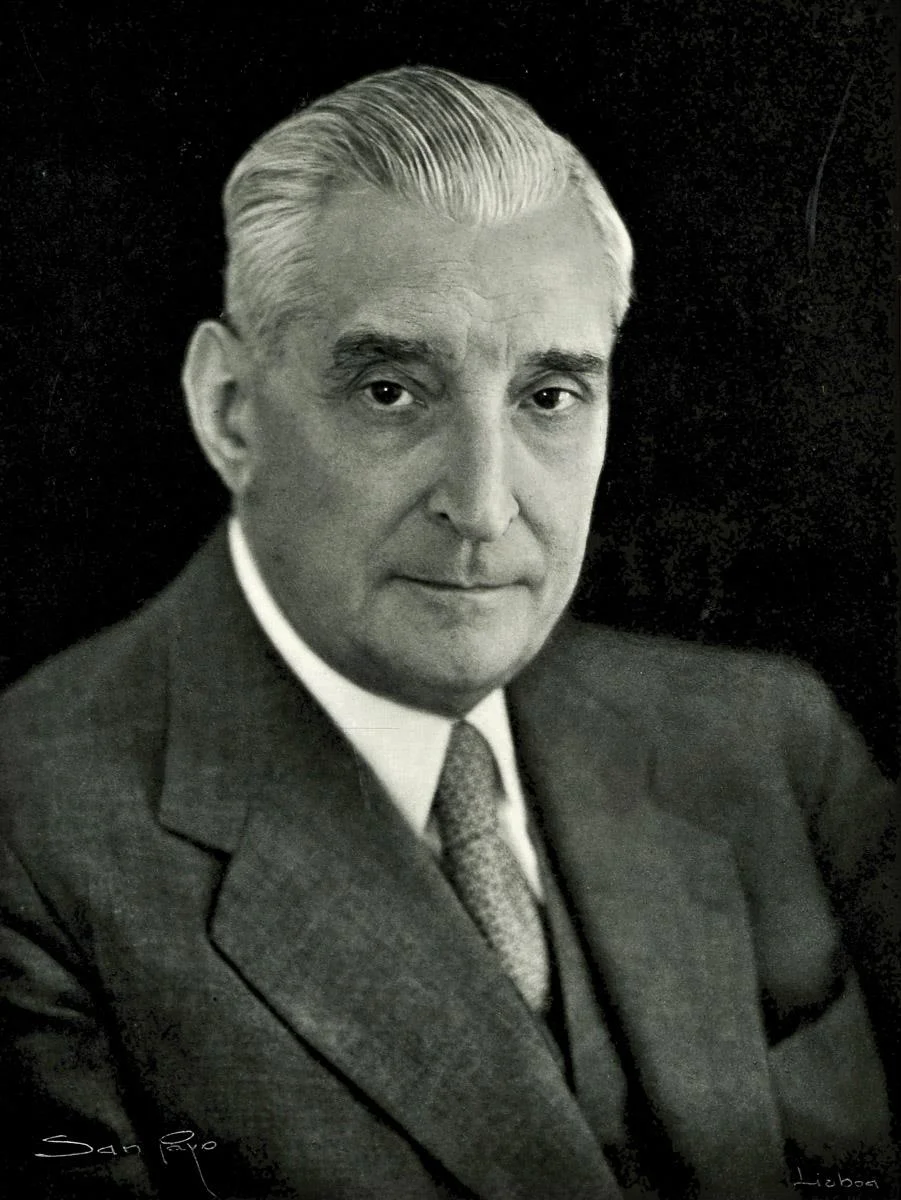Real Celebrities Never Die!
OR
Search For Past Celebrities Whose Birthday You Share
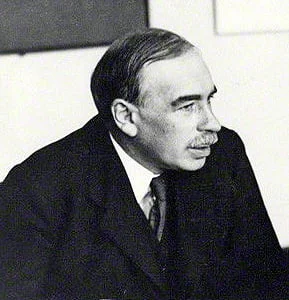
source:wikipedia.org
John Maynard Keynes
Birthday:
05 Jun, 1883
Date of Death:
21 Apr, 1946
Cause of death:
Heart attack
Nationality:
British
Famous As:
Economist
Age at the time of death:
62
John Maynard Keynes's Quote's
Early Life and Education
John Maynard Keynes, born on June 5, 1883, in Cambridge, England, was a towering figure in economics whose ideas reshaped the global economic landscape in the 20th century. His work profoundly influenced government policies and the understanding of macroeconomic principles.
Keynes was born into an academic family; his father, John Neville Keynes, was an economist and lecturer at Cambridge University. This environment fostered Keynes’s intellectual curiosity from an early age. He attended Eton College and later studied mathematics at King’s College, Cambridge. Despite initially focusing on mathematics, Keynes’s interests gradually shifted towards economics, a field he pursued with great passion and vigor.
Academic Career and Early Influences
After completing his education, John Maynard Keynes embarked on a distinguished academic career. He began lecturing at Cambridge University in 1908, where he quickly gained recognition for his intellect and originality. In 1919, he published his seminal work, *The Economic Consequences of the Peace*, critiquing the Treaty of Versailles and predicting the economic turmoil that would ensue. This book catapulted Keynes to international fame and established him as a leading economic thinker of his time.
Government Advisory Roles and Economic Influence
Throughout his career, Keynes held various influential positions, including serving as an advisor to the British government and as a director of the Bank of England. He played a pivotal role in shaping economic policy during the interwar period, advocating for government intervention to combat unemployment and stimulate economic growth.
Keynesian Economics: A Revolutionary Approach
Keynes’s most enduring contributions lie in his revolutionary ideas regarding macroeconomics and economic policy. He challenged the prevailing orthodoxy of classical economics, which emphasized laissez-faire principles and the self-regulating nature of markets. Instead, Keynes argued that government intervention was necessary to stabilize economies and mitigate the harmful effects of economic downturns.
The Concept of Aggregate Demand
Central to Keynesian economics is the concept of aggregate demand and the role it plays in determining overall economic activity. Keynes advocated for government spending and monetary policies to stimulate demand during periods of recession, thereby restoring full employment and promoting economic stability.
Impact During the Great Depression and World War II
His ideas laid the groundwork for the development of modern macroeconomics and influenced the policies of governments around the world, particularly during the Great Depression and World War II. The implementation of Keynesian policies helped to alleviate the suffering caused by these crises and laid the foundation for the post-war economic boom.
Personal Life
Despite his towering intellect and professional success, Keynes was known for his eccentricities and colorful personality. He was a member of the Bloomsbury Group, a circle of intellectuals and artists, and maintained a lively social life.
Death and Legacy
Keynes passed away on April 21, 1946, leaving behind a legacy that continues to shape economic thought and policy to this day. His ideas have sparked debate and controversy, but there is no denying their profound impact on the field of economics and the welfare of nations.
John Maynard Keynes was not only a brilliant economist but also a visionary thinker whose ideas transcended his time. His insights into the workings of the economy and the role of government intervention have left an indelible mark on economic theory and policy, ensuring his place among the most influential figures in modern history.
Name:
John Maynard Keynes
Popular Name:
John Maynard Keynes
Gender:
Male
Cause of Death:
Heart attack
Spouse:
Place of Birth:
Cambridge, England
Place of Death:
Tilton, near Firle in Sussex, England
Occupation / Profession:
Personality Type
Advocate: Quiet and mystical, yet very inspiring and tireless idealists. He was very hardworking and was willing to take any strain to achieve his ideals.
He popularized the concept of the "paradox of thrift," which suggests that while saving is individually prudent, if everyone saves more, it can lead to a decrease in overall consumption and economic growth.
Keynes introduced the concept of "propensity to consume," which refers to the tendency of individuals to spend a portion of their income on goods and services. This idea revolutionized economic thinking by emphasizing the importance of consumption in driving economic activity.
Keynes's ideas continue to shape economic policy and debate to this day. His advocacy for government intervention in the economy during times of crisis has left an enduring legacy, influencing policymakers and economists across the globe.
Keynes was not only a renowned economist but also a savvy investor. He famously made a fortune on the stock market and was an avid collector of art and rare books, amassing an impressive personal collection.
Companion of the Order of the Bath
Honorary Fellow of King’s College, Cambridge
Royal Society of Arts Albert Medal

